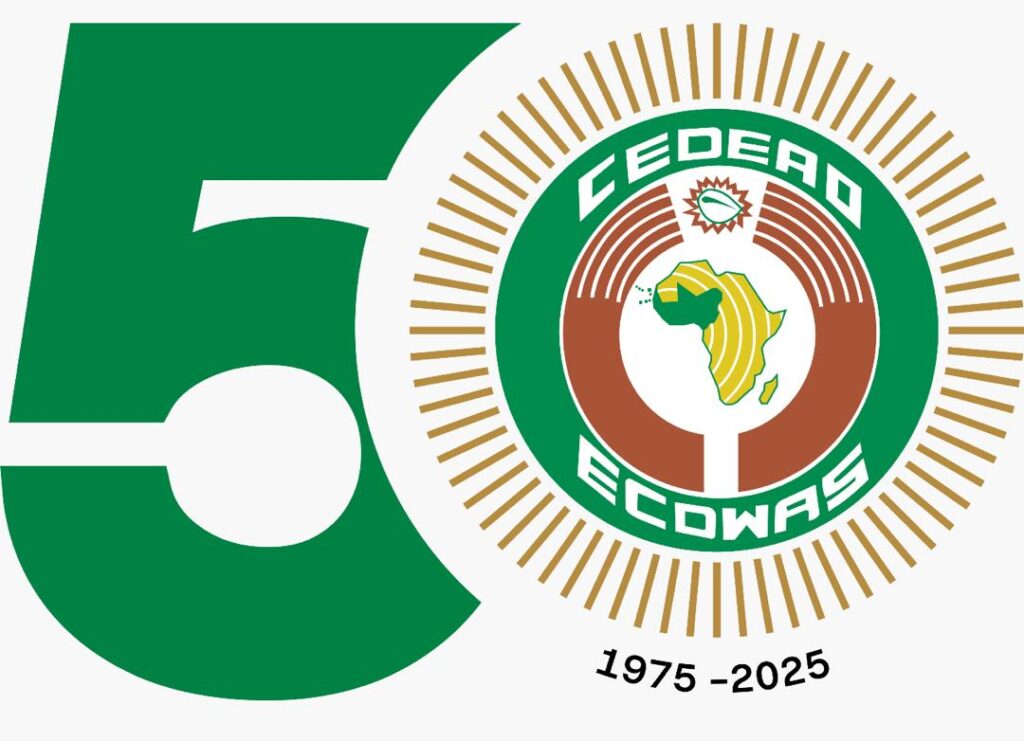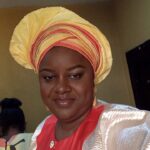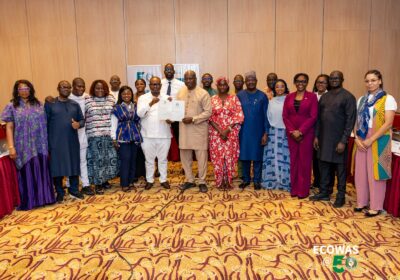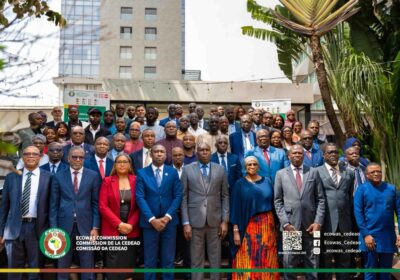Enhancing ECOWAS of the Future: The Media as an Instrument for Promoting Democratic Governance in West Africa.
By Raymond Enoch
As West Africa continues its pursuit of deepened regional integration and democratic consolidation, the role of the media has emerged as a cornerstone in shaping a more accountable, transparent, and unified ECOWAS of the future. In the evolving dynamics of governance and civic engagement across the region, the media stands not only as a watchdog but also as a bridge connecting citizens to the ideals of democracy and regional solidarity.

The Economic Community of West African States (ECOWAS) Commission has long recognized democratic governance as a pillar for sustainable development, peace, and security. Central to this vision is the affirmation of the media’s mandate to inform, educate, and empower citizens across its member states.
Under the ECOWAS Protocol on Democracy and Good Governance, the media is called upon to facilitate informed citizen participation, support transparency in political processes, and hold public officials accountable. In this regard, the media serves as both a sentinel and a catalyst—monitoring the pulse of governance while stimulating democratic dialogue.
Through responsible reporting and investigative journalism, the media helps to expose unsafe conduct, amplify unheard voices, and promote civic engagement. It also plays a vital role during elections by ensuring fairness, providing a platform for diverse political opinions, and encouraging peaceful political transitions—a critical concern in a region where democratic backsliding remains a challenge.
Beyond its national role, the media holds transformative potential for fostering regional cohesion among ECOWAS member states. By highlighting shared challenges and successes, the media can bridge linguistic, cultural, and political divides, thereby nurturing a sense of West African identity.
From addressing cross-border security threats to covering regional economic initiatives, media professionals act as key agents of information flow. Media work supports ECOWAS’s broader objectives of regional integration, peacebuilding, and collective economic advancement.
Moreover, in an era of misinformation and digital manipulation, responsible journalism becomes imperative. The regional media landscape must therefore rise to the task of promoting truth, integrity of information countering hate speech, and cultivating narratives that strengthen, rather than fracture, regional solidarity.
Building Capacity and Ensuring Press Freedom
For the media to effectively perform its democratic function, ECOWAS must continue to invest in media capacity-building initiatives. This includes safeguarding press freedom, supporting independent journalism, and strengthening legal protections for media practitioners across the region.
The ECOWAS Commission’s continued partnership with media organizations, civil society, and development partners is key to building a resilient, informed, and engaged West African citizenry. As digital technology reshapes how news is consumed, it is equally vital to harness digital platforms in promoting democratic values and regional cooperation.
As ECOWAS looks to the future, a vibrant, free, and responsible media will be instrumental in shaping a democratic, united, and prosperous West Africa is important. The media must not only tell the stories of the region but help write the next chapter—one marked by transparency, solidarity, and the collective will of its people.
In the words of a regional proverb, “If you want to go fast, go alone. If you want to go far, go together.” The media, as the voice of the people and the mirror of society, must walk alongside ECOWAS on this journey—watchful, critical, and ever committed to the truth.
Raymond Nyayiti Enoch is a journalist and Publisher/CEO of Paradigm News International. With experience in public affairs reporting, media development, and strategic communication, s a passionate voice for press freedom, democratic governance, and regional integration in West Africa. Through his work, Mr. Enoch champions the role of the media in building a more informed West African.









